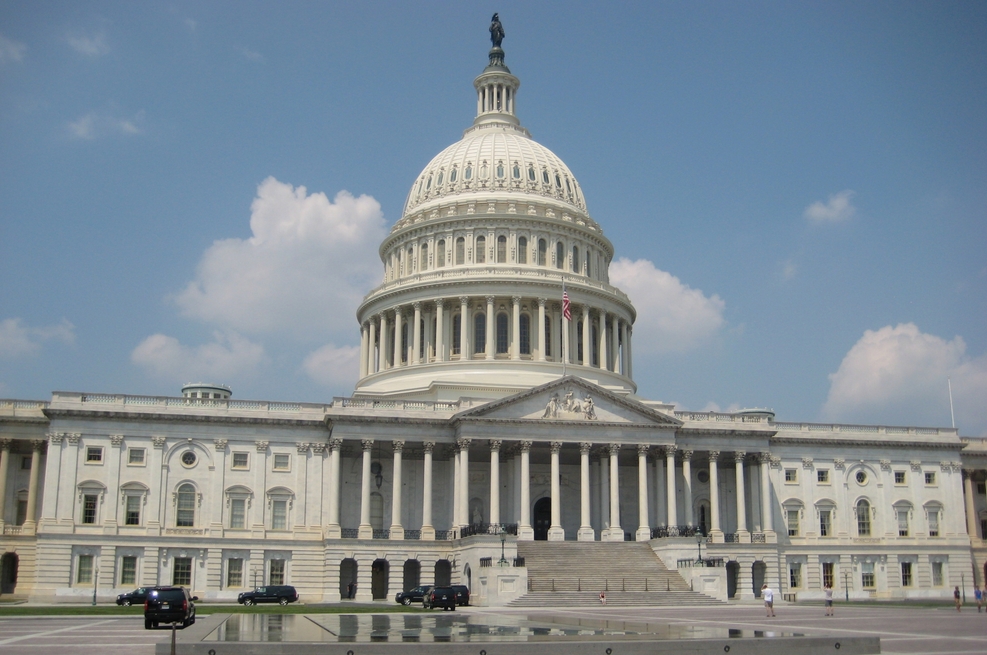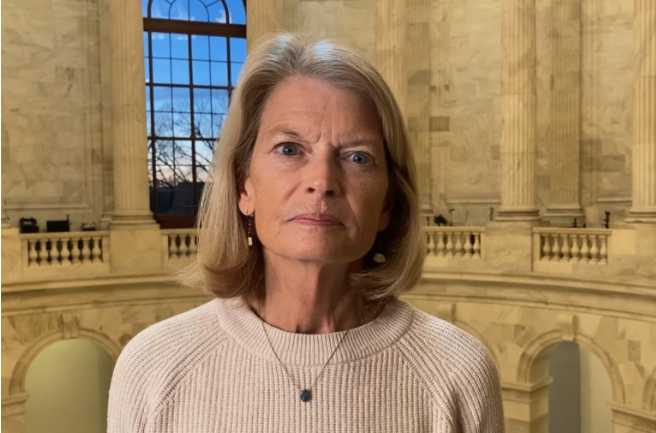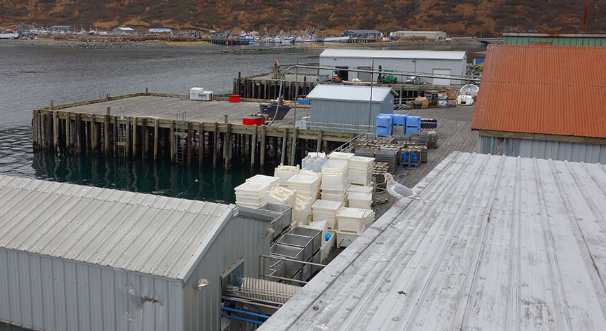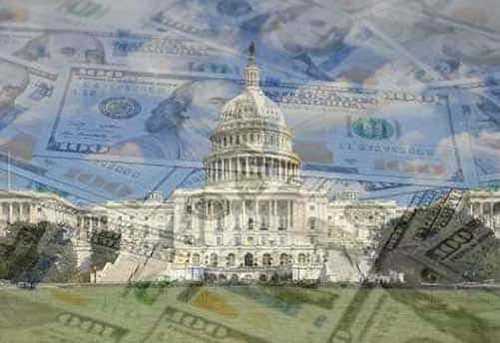Speaker Stutes: ‘Every Alaskan can find something to like about this budget’
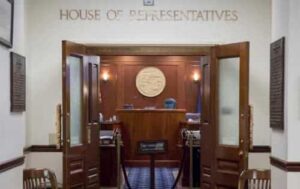
JUNEAU – The House of Representatives Monday passed an operating budget that funds essential services and keeps Alaska on a path toward a full recovery from the COVID-19 pandemic.
House Bill 69 passed 23-16 and calls for $4.2 billion in unrestricted general fund spending through a funding structure that is boosted by one-time federal pandemic relief funds.
The budget was constructed with the input of Democrats, Republicans, and Independents, and includes viewpoints from a politically and geographically diverse cross-section of Alaskans, with provisions from the majority and minority ending up in the final version of the bill.
“Every Alaskan can find something to like about this budget,” Speaker Louise Stutes (R-Kodiak) said. “The governor’s proposals are largely intact. We worked with the minority to amend the budget on the priorities we could agree on. And most of all, the State of Alaska is now on a path to provide funding for services that make our communities whole, such as the ferry system in Coastal Alaska. I thank everyone who helped us get to this point.”
Rep. Neal Foster (D-Nome), co-chair of the House Finance Committee, added, “The budget is a reflection of our values, and it takes important steps to protect essential services and to provide stability as we recover from the COVID-19 pandemic. Our limited resources combined with relief funding from the federal government will help advance and protect important public services, like education and public safety, that Alaskans depend on every day.”
“This is a fiscally conservative budget that protects Alaska’s savings and low-tax fiscal climate for businesses and individuals,” said Rep. Kelly Merrick (R-Eagle River), co-chair of the House Finance Committee said. “We’ve significantly pared down the budget in recent years while continuing to provide essential services to Alaskans without implementing new taxes.”[content id=”79272”]
The budget that passed the floor today provides the following:
- One-time federal COVID-19 emergency funds available through the American Rescue Plan Act will be directed to community relief ($124.5 million) to help avoid local tax hikes, tourism relief to help summer businesses stay afloat ($30 million), to help offset lost small business revenue ($30 million), and to help offset lost nonprofit revenue ($30 million).
- Pre-K programs received $5 million in funding, and K-12 schools are funded ahead of time through House Bill 169, a bill that passed earlier this year to prevent the distribution of pink slips and to provide certainty for students, parents, and teachers that schools will receive adequate funding.
- Communities that previously issued bonds to build schools, with the promise of being partially reimbursed by the State of Alaska, will receive all the money they are owed. The Regional Educational Attendance Area is also fully funded.
- The University of Alaska is funded to the amount agreed to during a compact reached between UA leaders and the administration.
- The Alaska Marine Highway System is forward funded for 18 months, a move that provides Coastal Alaskans with certainty that ferries will arrive when they are needed.
- A grant is provided to construct an ice road on the Kuskokwim River, protecting infrastructure that is essential to commerce, public health, and state services.
- The State of Alaska will fulfill its obligation to the tax credit program that provided small companies to increase production of Alaska’s oil and gas.
- In response to a request from the governor, the budget includes $695,000 to ensure that the State of Alaska will have the resources to protect our state’s sovereignty and ability to make decisions about developing natural resources.
- The Tribal Child Welfare Compact is fully funded, allowing the State of Alaska to continue advancing efforts to protect the wellbeing of every vulnerable child in our state.
- Seven additional public defender positions are financed to bolster Alaska’s public safety division and keep cases moving through the court system in a timely fashion.
- Power Cost Equalization, scholarships provided through the Higher Education Fund, alcohol safety and chronic disease prevention programs, substance abuse grants, domestic violence and sexual assault prevention programs, and oil spill prevention and response were all financed.
- Domestic Violence relief and treatment programs and shelter centers, which lost funding due to federal funds being cut, would be fully funded.
Details of the budget will be finalized through negotiations with the governor and the Senate, where HB 69 now heads for consideration.
[content id=”79272″]




